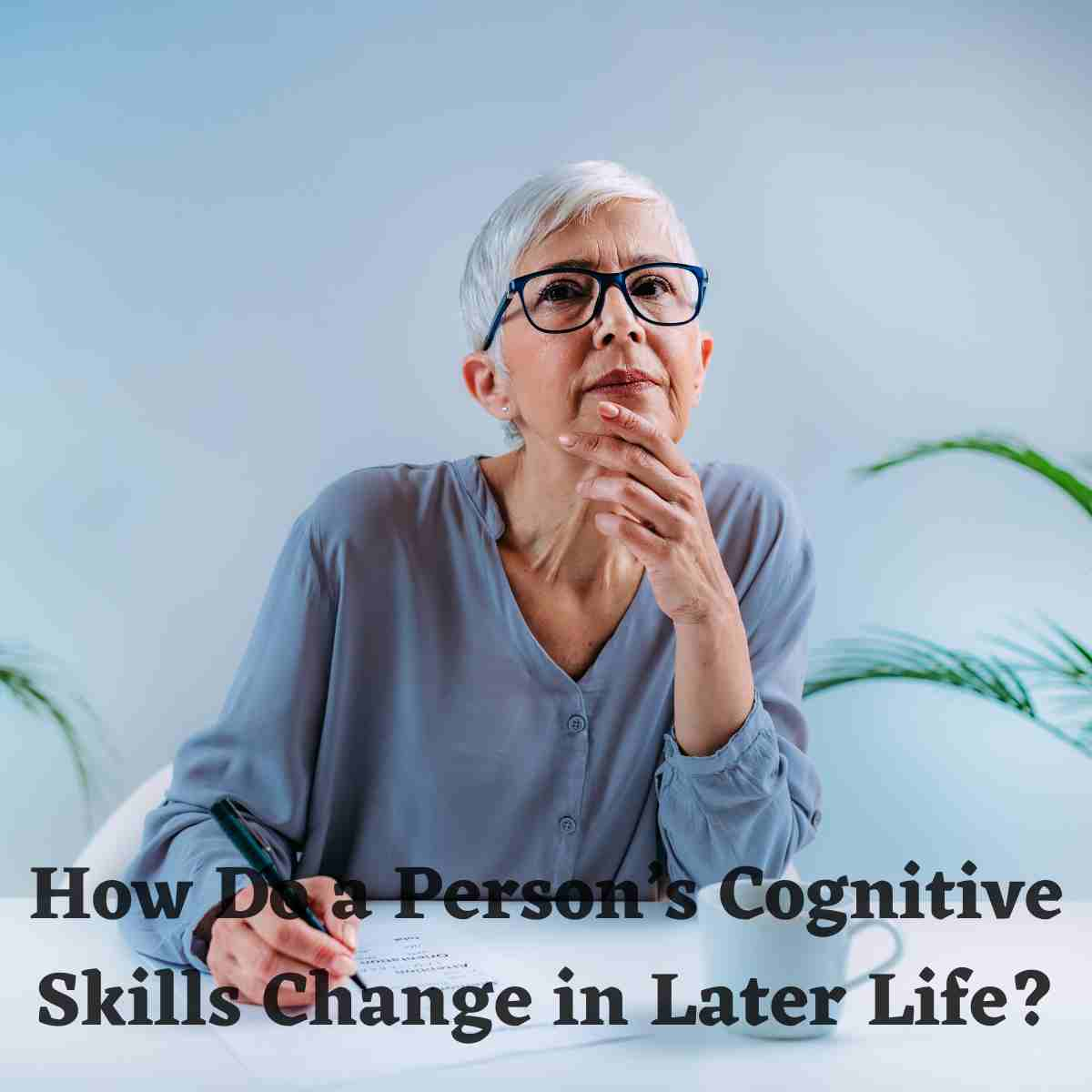It is recognized that a person’s cognitive skills will change and develop significantly over the course of a lifetime. The early years of childhood, the period is characterized by a great ability to soak up new information and learn basic skills that will be of benefit in later life. Children have a natural gift for learning new things, whether it be starting to understand the world in which they live or quickly learning to read and write. In the adult years of life, a person’s cognitive functioning is well developed, and their knowledge across many subjects will have become in-depth if they have received a high level of general education. In later life, there is a tendency for a person’s cognitive skills to begin to decline as the effects of aging become more pronounced.

In this article, the subject of cognitive skills is discussed in relation to older people, along with some potential solutions to help manage declining cognitive ability.
Difficulties in remembering
In the later stages of life, it is common for older adults to experience increasing difficulty when it comes to remembering things. This can be minor issues, such as misplacing the household keys or simply taking longer to remember facts from the past or the names of distant relatives or friends. In most cases, the problems that these types of situations pose are not life-changing and are, in fact, a recognized aspect of advanced aging. Thankfully, there is a range of practical ways in which a person can improve their memory. These can take the form of having a good diet that is low in sugar and rich in substances, such as fish oil which is believed to help improve memory skills. In addition, adhering to a plan of regular exercise may also be a beneficial way to keep a person’s memory skills functioning at a high level.
Increased risk of dementia
When a person is over 65 years of age, they are at an increased risk of suffering from various forms of dementia. This is a serious and degenerative medical condition that currently has no specific cure. In the early stages of dementia, a person may have mild difficulties recalling key pieces of information, such as who the president is or what year it is. As the effects of dementia begin to advance, it can lead to reductions in a person’s quality of life, especially if it leads to difficulties in communication and a reduction in the day-to-day safety of the individual. Thankfully, some drug therapies are being developed to minimize the effects of dementia, and music therapy has proved to be an effective and non-invasive way to help improve the lives of people with this condition.
Consider memory care facilities
When cognitive functions decline to the point where a person’s daily life becomes difficult, it may be wise to consider moving them to specialist accommodation with trained on-site staff. Assisted living facilities are in abundance in America. If you live in the state of Wisconsin it can be beneficial to search online for memory care Marshfield WI to find suitable premises that offer this form of assistance. They can be the ideal place for older people with moderate to severe cognitive issues. In these types of establishments, there are care staff who have knowledge of cognitive problems in seniors. They can use this knowledge to create tailored care and social plans that allow the residents to live a full life while being in a safe and controlled environment.
